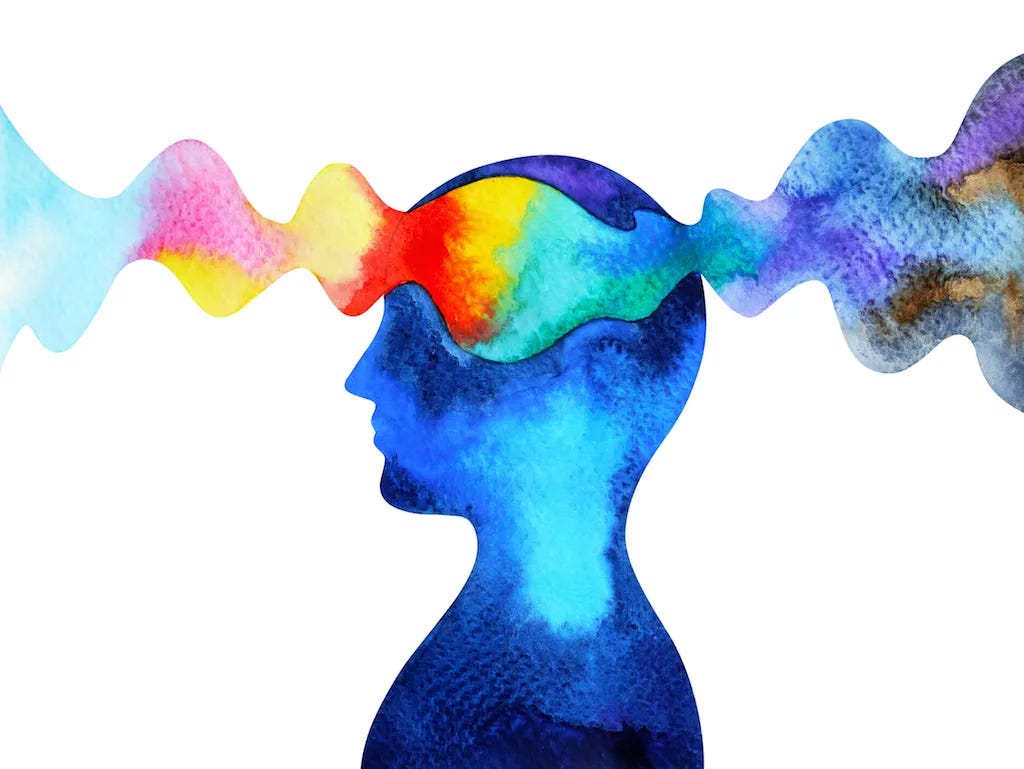Recently, I received a message from a mathematician that raised a question I’ve been processing for years. What is the relationship between God and logical necessities?
Elsewhere, I’ve argued that logical necessities may point to (be evidence for) God’s existence. (See “The Logic in God.”)
However, one might worry that the necessity of logic competes with fundamentality of God. For if we conceive of God as the necessary foundation of reality, then God alone has necessary existence. Yet logic also seems to have a claim on being necessary: for example, the fact that everything is self-identical cannot itself be created or destroyed.
One response is to suppose that the logical system itself isn’t necessary. What if, in some possible world, logic functions differently? Then perhaps logic is merely contingent and so could be among the created entities.
However, logic does not seem to be merely contingent. Indeed, it is one of the principle of modal logic that logical truths cannot be otherwise. For example, if it is true that A=A, then it cannot be false that A=A.
Moreover, as the mathematician pointed out, if logic is contingent, then logic is not sturdy enough to be used in an argument for a necessary fundamental reality (like God). One cannot claim to have proven the existence of a being that exists in every possible world if the reasoning behind the proof works only in some of them.
In my earlier work (How Reason Can Lead to God), I leaned toward the idea that logical truths are grounded in the nature of God. They are not external, independent laws that even God must obey, like a builder restricted by pre-existing blueprints. Rather, the blueprints flow from the nature of the builder.
But even this image can be misleading. What does it mean to say that logic exists in God? Does that mean God contains laws like a library contains books? Or that logic is a part of God, the way shape is a part of a triangle?
I’ve come to think we need a more refined view—one that takes into account levels of necessity.
Imagine a kind of hierarchy among necessary truths. Some truths are more fundamental than others. For instance, consider:
Modus ponens: If P, and if P implies Q, then Q.
The proposition that modus ponens is true.
The proposition that ‘modus ponens is true’ is true.
We might say that the first is more fundamental than the second, which is more fundamental than the third. Each level builds upon the prior.
Now suppose that at the very base of this hierarchy is the most fundamental reality. On this view, God (or whatever is the most fundamental reality) grounds the most basic logical principles. These in turn support and explain more complex truths.
The hierarchy flows outward and upward. Logic, then, is not prior to fundamental reality, but neither is it arbitrary or itself fundamental. It arises necessarily from the nature of what is most fundamental. If this is right, then logical necessity is not a rival to divine necessity. It is an expression of it.
This approach has the benefit of preserving both the rigor of logical argumentation and the metaphysical insight that nothing can be more fundamental than the necessary foundation itself.
There’s more to explore here, of course. Some thinkers will object to the idea of grounding necessities at all, perhaps by arguing that necessary truths are brute or unanalyzable. I welcome further inquiry. For now, my working hypothesis is this:
The logical landscape is real, structured, and layered, and it is grounded in the nature of the most fundamental reality.
This hypothesis preserves the power of logical proofs, while also avoiding the pitfall of imagining logic as a freestanding force above or outside of God—or the most fundamental reality.
As always, I invite your thoughts. Truth-seeking is a collaborative journey, and your insights help sharpen my own.



I think that the doctrine of divine aseity is lurking in the background here. I think I understand the motivation to affirm divine aseity, but what I don't understand is its interpretation. Why not just say that God is the creator of everything apart from God that is creatable? I view that as the divine aseity equivalent of defining divine omnipotence as the ability to do anything that is logically possible.
As I see it, the laws of logic just are the laws of the being of all beings. By which I mean that they are those propositions which are true no matter how language is given interpretation by a domain of objects and the relations among them. Thus, insofar as God is the ground of the being of all beings — i.e. of all that is true of beings —, God is the ground of logic as well.
The real question for me is whether the ground of the being of beings is itself subjected to the laws of the being of beings. As Heidegger insstently points out — but in doing so is just reverberating a thought that is by no means a stranger to theology —, God is not a being, but being itself. So one is led to wonder whether, in subjecting God to logic (which one necessarily does in, say, any proof of God's existence), one isn't inadvertently mischaracterizing God; or else the structure of being is such that it somehow allows for the reflection of God as a being. In any case, I think theists should seriously grapple with this question.